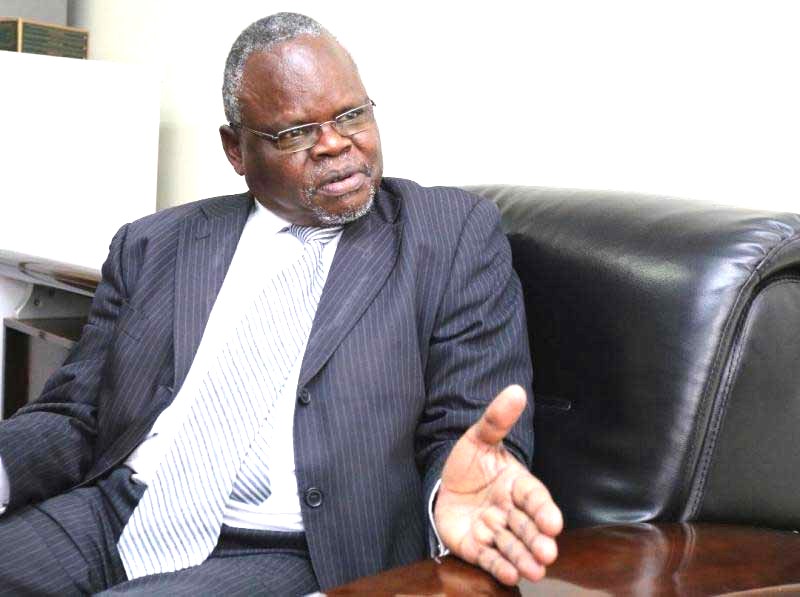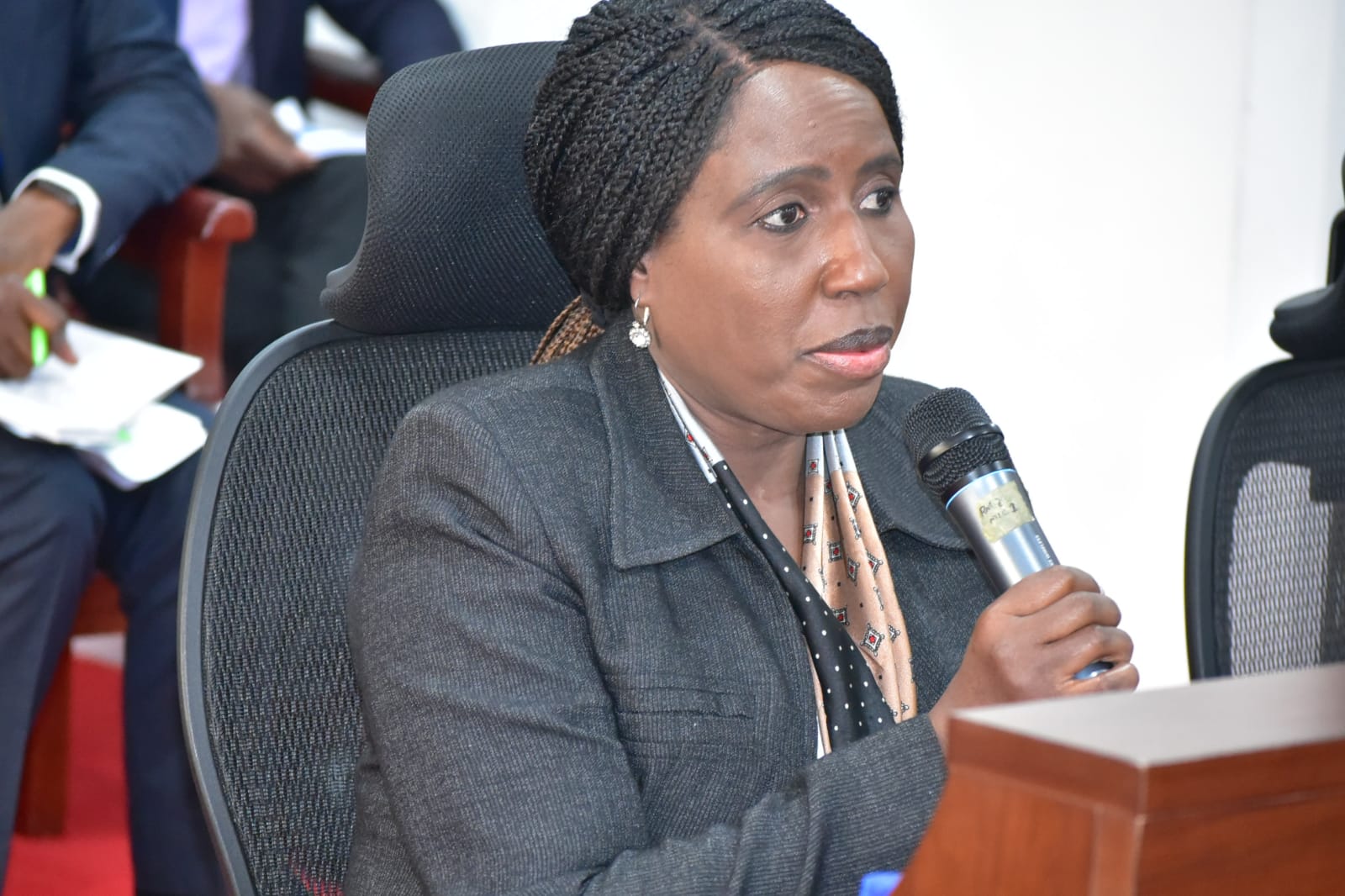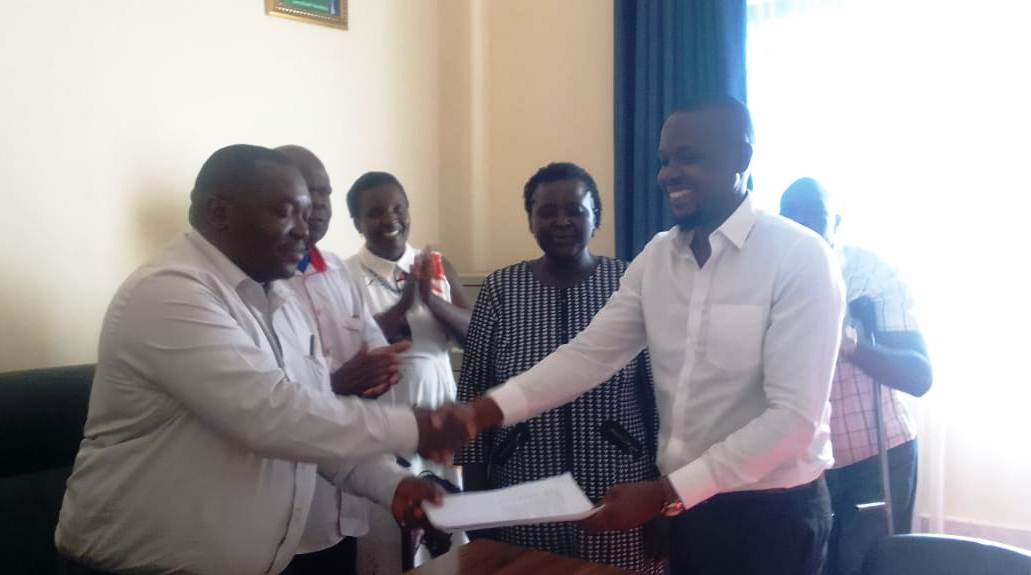Those familiar with Ruto’s political playbook describe him as a shrewd operator with strong ties to the so-called “deep state.” In the event of a run-off, Ruto is expected to deploy a strategy of wooing and, in some cases, purchasing the support of defeated rivals in order to form a coalition government. Kenyan politics has repeatedly shown that presidential candidates often run not necessarily to win, but to negotiate for influence and positions in post-election settlements
By Our Political Editor
With just two years to go before the 2027 general election, political analysts are warning that Kenya is likely headed for a presidential run-off. Mounting evidence suggests that no single candidate will achieve the constitutional threshold of 50 per cent plus one vote, alongside 25 per cent in at least 24 counties, in the first round.
The key determinant, experts argue, lies in the opposition’s ability to present a united front. Should the opposition rally around a single compromise candidate, President William Ruto’s chances of retaining power could be severely weakened, even if ODM leader Raila Odinga were to lend his support. However, if multiple opposition figures contest the presidency, the likelihood of a run-off rises considerably, and with it, Ruto’s advantage.
Analysts point out that the opposition remains deeply fragmented. Leaders such as Kalonzo Musyoka, Martha Karua, Eugene Wamalwa, Rigathi Gachagua, Fred Matiang’i, and David Maraga are each unable, on their own, to secure the required national spread and vote tally. In such a scenario, the opposition’s disunity would play directly into Ruto’s hands.
Those familiar with Ruto’s political playbook describe him as a shrewd operator with strong ties to the so-called “deep state.” In the event of a run-off, Ruto is expected to deploy a strategy of wooing and, in some cases, purchasing the support of defeated rivals in order to form a coalition government. Kenyan politics has repeatedly shown that presidential candidates often run not necessarily to win, but to negotiate for influence and positions in post-election settlements.
If, for example, Gachagua were to face Ruto in a run-off, questions remain over whether Kalonzo and Matiang’i would back him. Both leaders might instead opt to align with Ruto, particularly if past grievances or political betrayals resurface. Even former President Uhuru Kenyatta, once Ruto’s fiercest critic, could decide to put aside differences and strike a post-election pact with the incumbent.
This dynamic, analysts say, underscores why Ruto’s strategists are working tirelessly to ensure the opposition does not rally behind a single flagbearer. The President’s camp appears more confident in a contested second round, where political deals and defections are expected to tilt the scales in his favour.
Finally, observers caution that the credibility of the 2027 elections will be critical. If the polls are deemed free and fair, the possibility of manipulation diminishes, making a run-off almost inevitable. In such a scenario, Ruto’s tested strategy of post-election bargaining could well secure him a second term.





